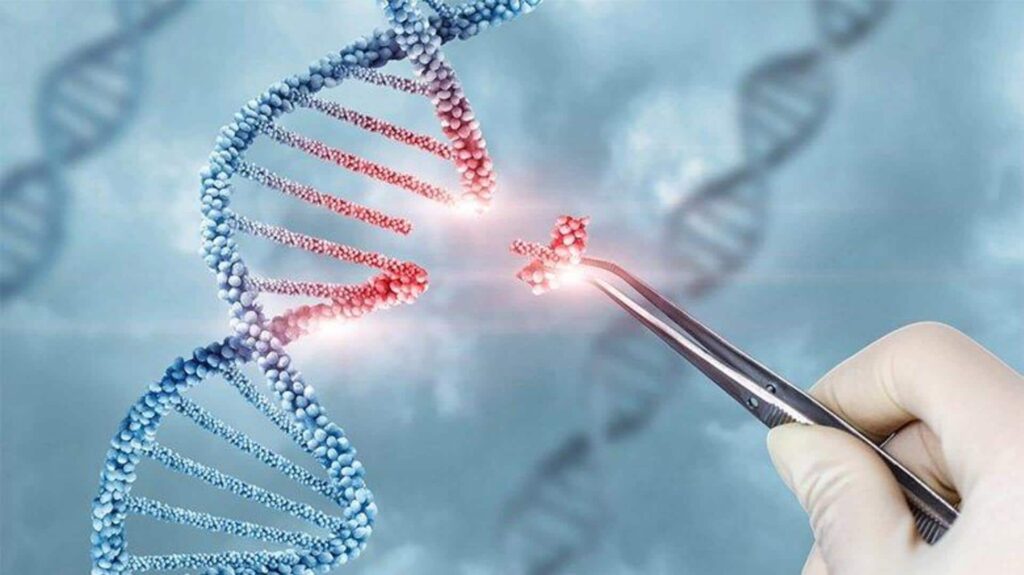**Major Medical Breakthrough: Doctors Successfully Treat Huntington’s Disease for the First Time**
*By Dwaipayan Roy | Sep 24, 2025, 8:00 PM*
—
In a groundbreaking medical achievement, doctors have successfully treated Huntington’s disease for the first time. This hereditary condition, which causes severe brain cell damage, has often been compared to a combination of dementia, Parkinson’s disease, and motor neuron disease.
—
### What Is Huntington’s Disease?
Huntington’s disease typically manifests in a person’s 30s or 40s and leads to fatal neurological decline within two decades. It is characterized by progressive degeneration of brain cells, resulting in debilitating movement disorders, cognitive decline, and psychiatric problems.
—
### The Innovative Treatment Approach
The new treatment utilizes cutting-edge gene therapy delivered through highly delicate brain surgery, which lasts between 12 to 18 hours. During the procedure, a modified virus carrying a specially designed sequence of DNA is injected deep into the brain. This virus delivers the therapeutic DNA directly into brain cells to reduce levels of a toxic protein responsible for brain damage.
This advanced genetic medicine combines both gene therapy and gene silencing technologies to provide a single-dose treatment aimed at permanently lowering the toxic protein levels.
The surgery is guided by real-time MRI scanning to ensure precision and safety throughout the lengthy process.
—
### Promising Clinical Trial Results
A recent clinical trial involving 29 patients revealed remarkable results. Three years after surgery, patients experienced an average 75% slowing in disease progression. Essentially, what would normally be a one-year decline in brain function could take up to four years post-treatment.
Professor Sarah Tabrizi from University College London (UCL) described this breakthrough as giving patients decades of “good quality life.” The trial data also demonstrated that the therapy helps preserve brain cells, evidenced by reduced levels of neurofilaments in the spinal fluid compared to baseline measurements.
Professor Ed Wild, also from UCL, called the results “the result we’ve been waiting for,” highlighting the profound impact this treatment could have on patients and their families.
—
### Safety and Side Effects
The treatment was generally deemed safe. Some patients experienced inflammation caused by the viral vector, leading to headaches and confusion. These side effects were managed effectively, either resolving naturally or requiring steroid treatment.
Professor Wild noted that since brain cells are not routinely replaced like blood, bone, or skin cells, the therapeutic effect of this gene therapy is expected to last for life.
—
### Accessibility and Future Directions
Huntington’s disease affects approximately 75,000 people across the UK, US, and Europe, with hundreds of thousands more carrying the gene mutation.
Due to the complexity and cost of the surgery, the treatment will not be immediately accessible to all patients. However, Professor Tabrizi is optimistic, stating this gene therapy marks “the beginning” of a new era in treating Huntington’s. She is already planning prevention trials involving young individuals who carry the gene but have not yet developed symptoms, known as stage zero Huntington’s.
These efforts aim to develop therapies that can benefit a broader population in the future.
—
This breakthrough offers new hope to those affected by Huntington’s disease, signaling a significant step forward in combating this devastating condition.
https://www.newsbytesapp.com/news/science/groundbreaking-treatment-for-huntington-s-disease-achieved/story

